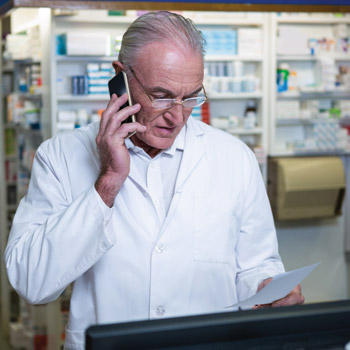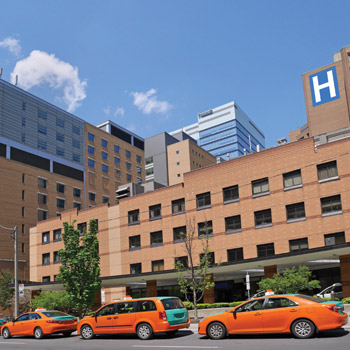Gratitude and thanks for those who vaccinate
A particularly difficult experience is confronting diseases that might have been prevented through vaccination, yet it is care that prevents illness and greater pain.
The concept itself is not unlike magic. Take a bit of what might ail you. Expose yourself to it and be better able to fight it off when you meet it for real—vaccination. Partnering with the immune system to preserve health is an incredible scientific outcome with great benefit.
As physicians, as healers, we are part of a profession with a history. The development of vaccines has had a significant impact on human health and represents a shift in medical history. In November, in the time of giving thanks in the United States, this column is a reflection on gratitude for illnesses prevented.
Some of you reading may remember the impact of the polio vaccine on the day-to-day living of life as communities emerged once again when the fear of large gatherings was replaced by the assurance of protection. People's behavior changed once the fear of transmission and infection was no longer part of daily reality.
Moving to the U.S. in the early '60s, I remember school polio campaigns and the disease narratives of illnesses others had experienced. Later, watching newsreels of the early days of the polio vaccine, I remember seeing the images of lines of children given pink liquid to drink contrasted with images of ill children in iron lungs. How different the world had become.
More recently, some of you may have been part of the education around human papillomavirus vaccinations as a cancer prevention strategy. Others of you may have been part of the care teams that addressed the recent outbreaks of measles or pertussis. The need for vaccination remains a critical part of our practice even today. Our opportunities to educate are many.
Perhaps because it is a little like magic, some don't believe. Vaccines can be costly. Not all are covered by insurance. Not all are symptom-free. And there are misconceptions. Despite clarifications and scientific debunking, some misinformation may remain.
Fallacies may be kept alive on social media where once something is said, it may continue to reverberate even though it is untrue. Some may just believe that they won't become ill. Not seeing the disease, some may not consider it significant enough to matter.
Like all interventions, we need to be aware of differences and variable risks among our patients. For example, some vaccines carry milk or egg products, and some people are allergic. This history must be obtained before administering vaccines.
I remember learning about vaccines quite directly as a small child. My parents were doing postgraduate work in Colombia. Vaccines were not as well integrated as they are today. I awoke one morning unable to walk. I remember well how my legs just didn't follow my intent to walk. I remember being puzzled to see that my upper body remembered how to follow, and my legs had just forgotten. I did not feel ill. I did not feel pain. I simply could not move my legs in synchrony to walk. My father had to carry me from place to place.
I was not a baby, and I did not like being moved like a baby. I remember the puzzled faces on the doctors that were consulted. No one seemed to know. I remember, soon it all changed, and as quickly as they'd forgotten, my legs seemed to remember again. And over the next few days, I returned to the clinic and received every possible vaccine. Care and concern prompted my parents to catch me up and keep my sisters and me caught up. I learned that vaccination is an act of care.
As physicians, a particularly difficult experience is confronting illness that might have been prevented, because prevention eases both the pain of illness and the pain of cure. Still, the experience of vaccination is not pain free. We may see our children cry. Some adults will need to confront a fear of needles. There may be soreness, discomfort, malaise, yet it is an act of care, self-care or care for another, that prevents illness and greater pain.
At this time of Thanksgiving, much thanks to those who have been vaccinated, who are caring for themselves, and who are, consequently, caring for our communities. You are keeping the risk of infection low by contributing to the population of those immunized and thus protecting all, even those who have yet to be vaccinated.
Thank you.




